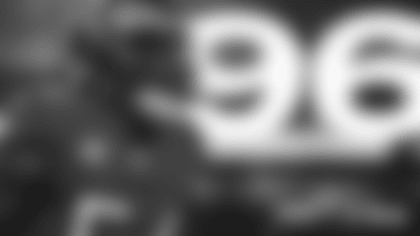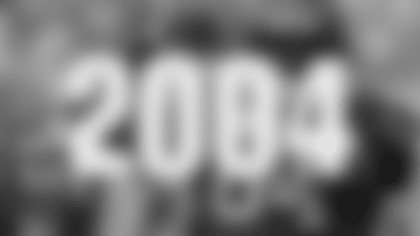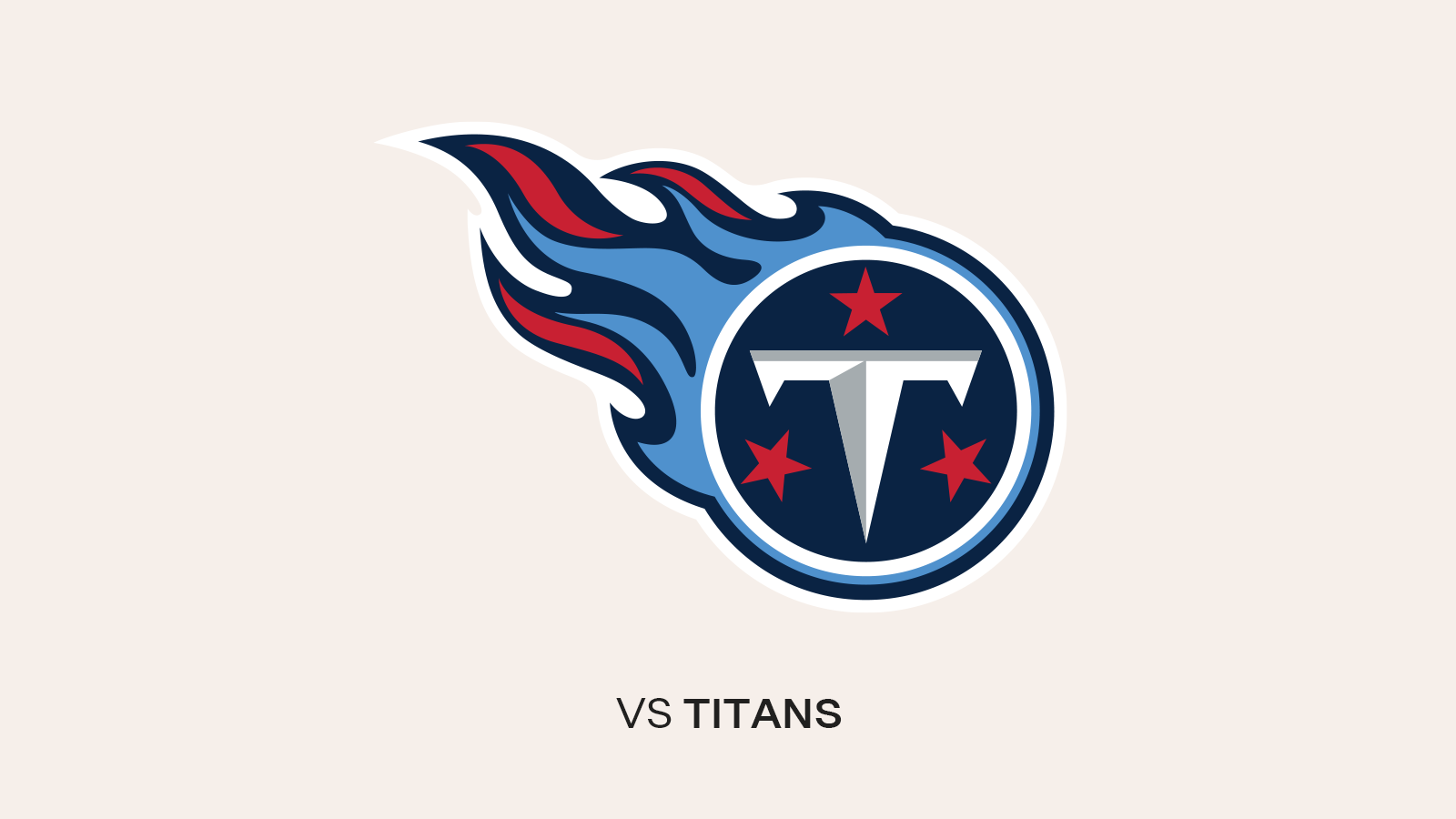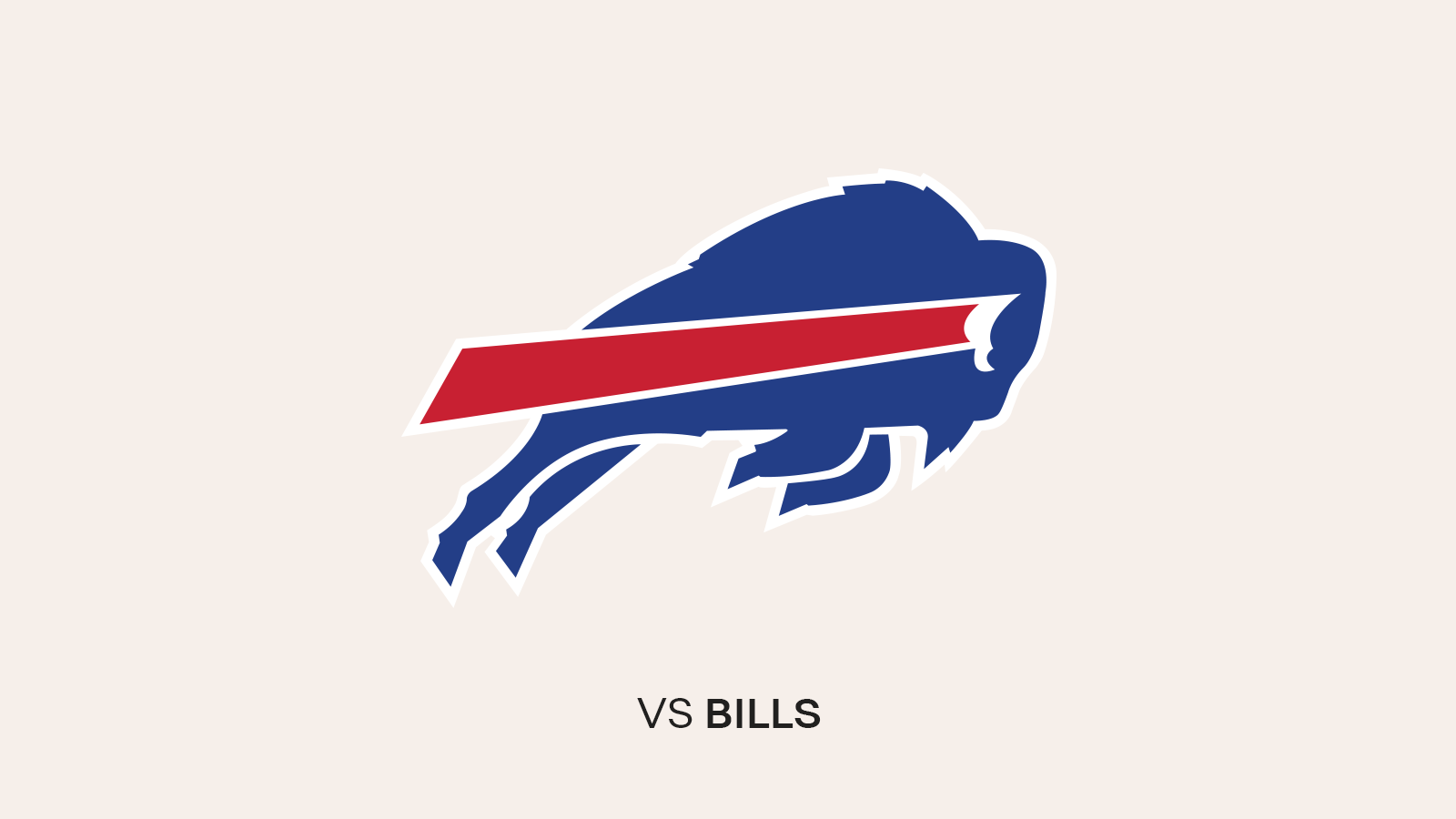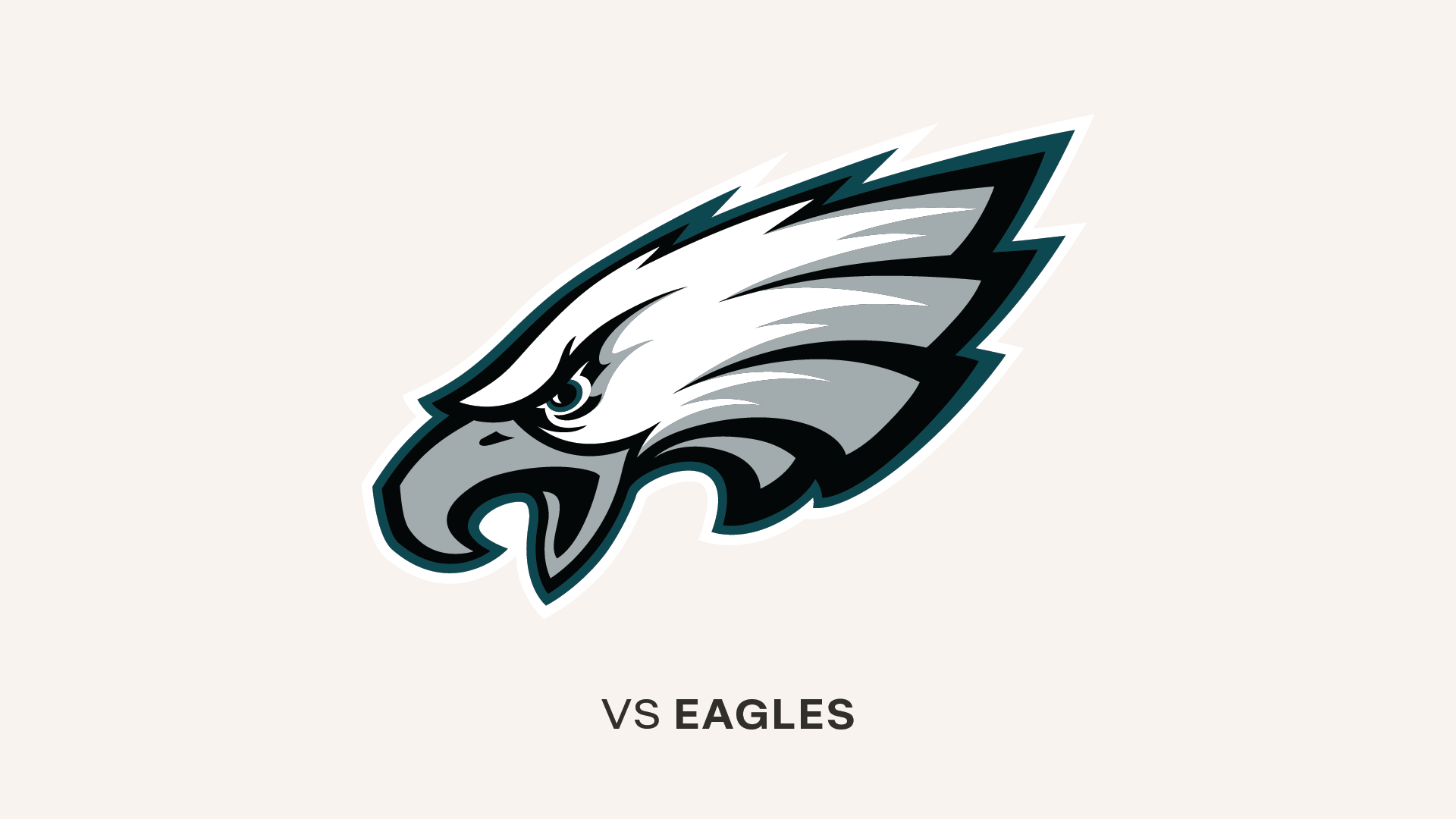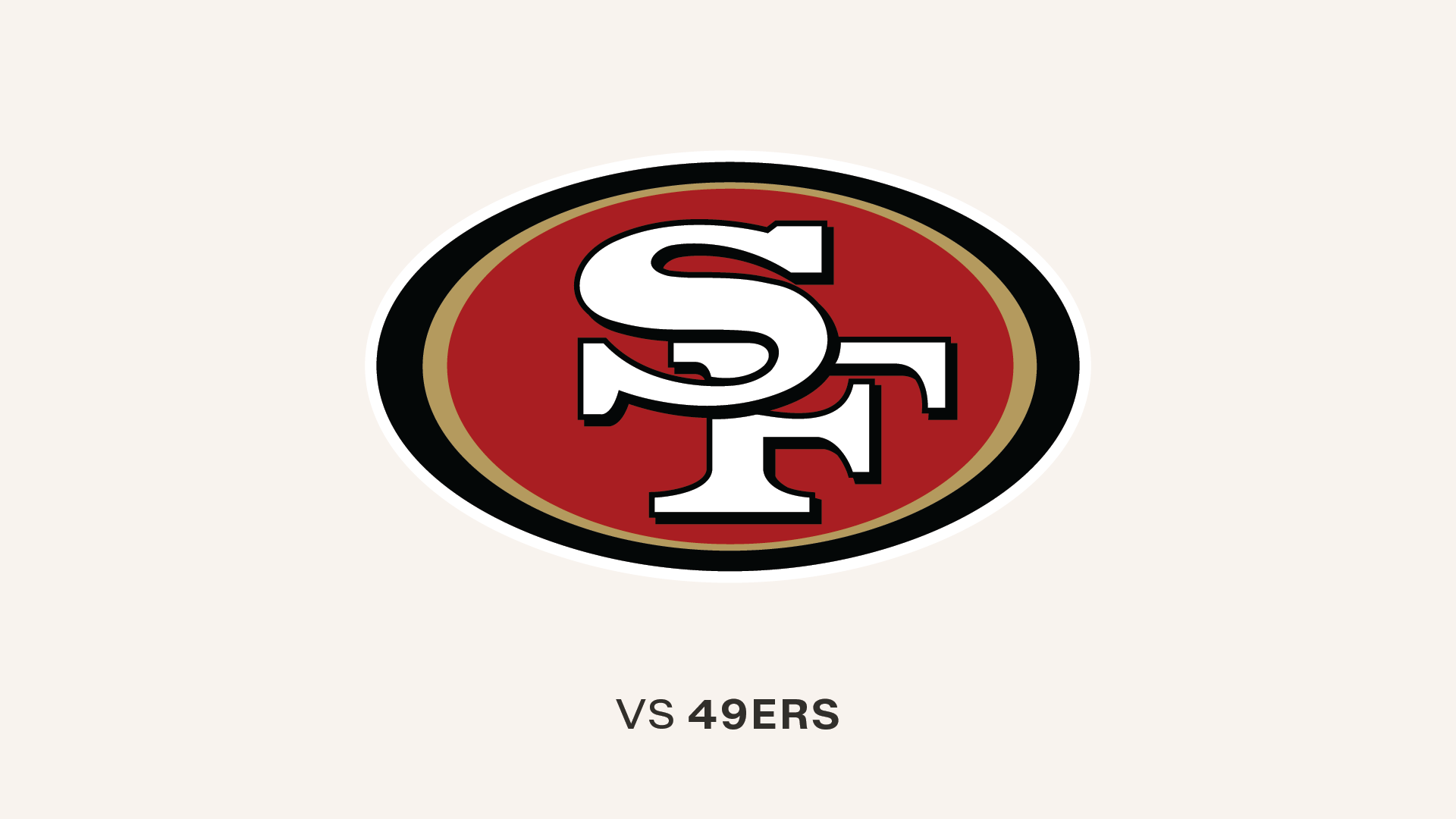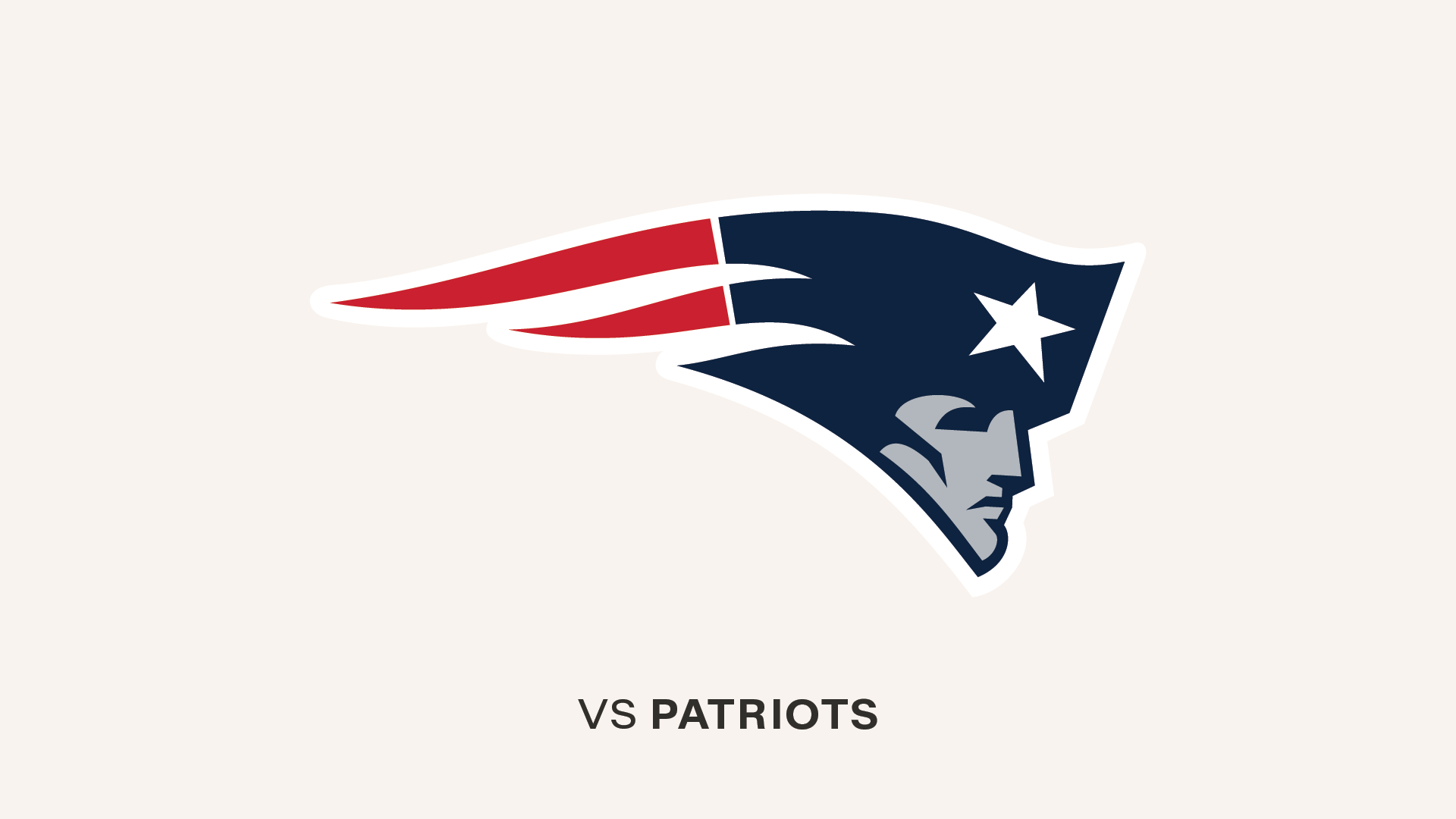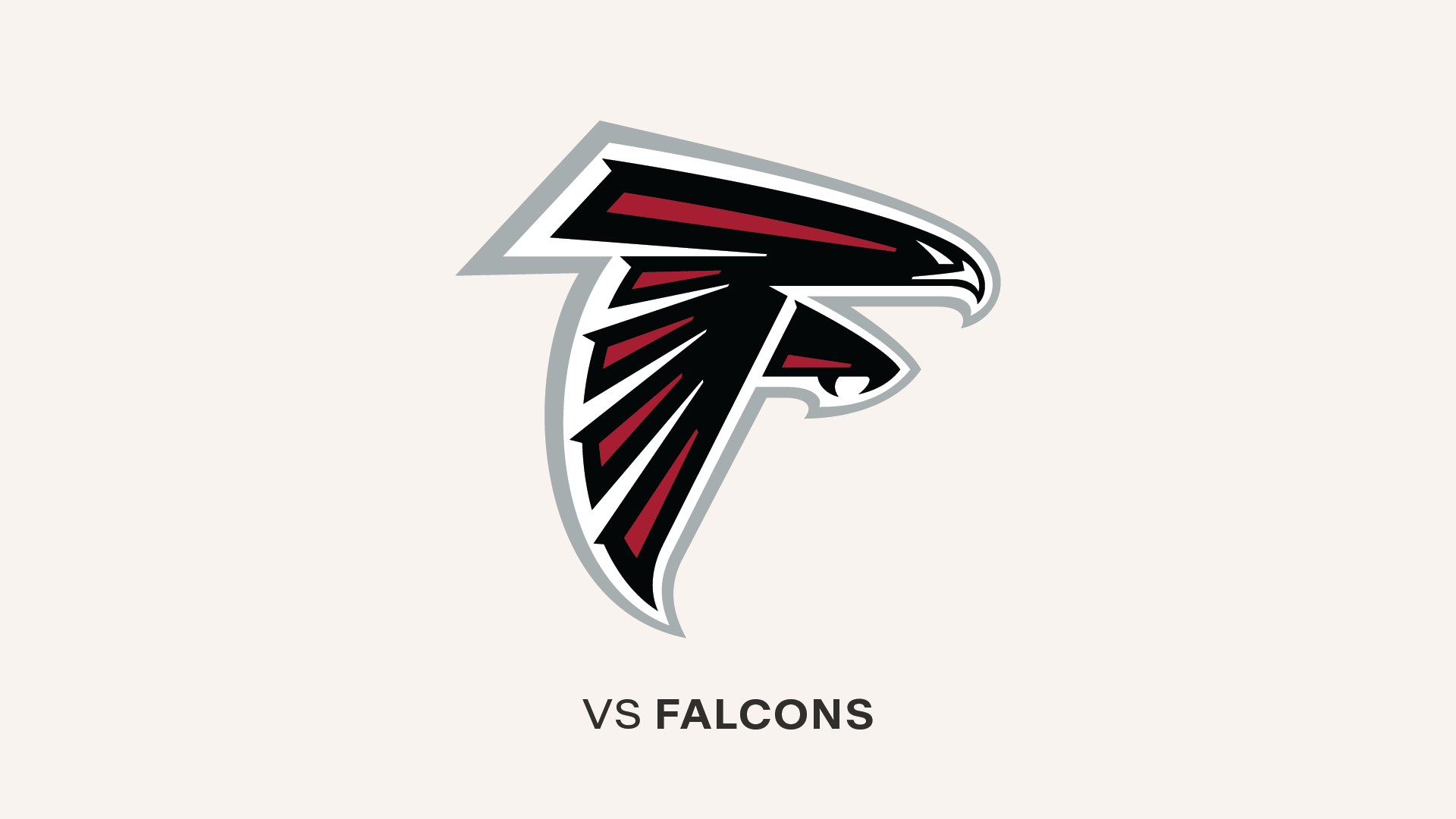[Editor's Note: Tampa Bay Buccaneers Team Sports Dietitian Kevin Luhrs is part of a rotating panel of Buccaneer experts who are providing advice all season to those who have taken the UnitedHealthcare Get Fit! Pledge. In the sixth of our weekly installments, Luhrs comes to bat again, this time offering guidance to those who are making efforts to change their diets but haven't yet seen the results they desire. Luhrs advises the daily documenting of one's diet and also introduces the concept of "volumetrics."]
Hello again, Get Fit! participants. If you are reading this, hopefully it's because you've established a fitness regimen that is working for you and you have found our weekly help to be useful. I know that my colleagues have offered you some great advice on a variety of topics since the last time I checked in.
Of course, it's also possible that you have made a good effort to maintain a fitness regimen but have yet to get the results you want, particularly in terms of weight loss, if that happens to be your goal. If that is the case, please don't lose hope; this is not uncommon and there's a good chance that you can succeed with a few simple changes to your approach.
That's what I would like to talk about today: Making adjustments when your diet isn't working as you had hoped. I'll leave it to my colleagues in the coming weeks to give you more advice on exercise, recovery and other topics; today, let's focus on diet. I hope that this will be particularly helpful for those who have weight loss as a primary goal, and those who are mostly making dietary changes because of time constraints or other obstables to a workout regimen.
The first thing I'm going to tell you will sound familiar, because I know all of us have used this space to urge you to make plans and to document your efforts. But I'm going to say it again because writing down what you are doing can really help you now as you try to make adjustments in order to get the desired results.
Chances are, you only need to make some small changes, but you'll need to figure out what those changes are, and you can do that by writing your diet down on paper. Make a journal of what you're doing and go from there. You need to know, without guessing, what you're eating and how many calories you are taking in.
There's a common misconception that just because you're eating healthy food you're going to lose weight. That is absoluly not true. You must consider portion sizes, too. You could be just going crazy on healthy foods – and that's a good start – but taking in a lot of calories at the same time. Keep in mind that weight loss comes down to calories in and calories out, so no matter what you're eating you can still be preventing weight loss if you take in too many calories.
That's why it's important to write things down. Once you have a clear record of what you're eating, you can re-evaluate your approach. Perhaps you thought you were sticking to a 2,500-calorie-a-day diet, but once you document everything you realize that you are actually taking in 3,000 or 3,500 calories a day. If you know that, you can make an adjustment. Or perhaps you set your diet at 3,000 calories a day and your journal tells you that you are hitting the mark. In that case, you'll know that you need to make an adjustment to, say, 2,500 calories a day.
Obviously, I think documenting your diet can be very helpful. That said, I know that some people simply do not want to do this, or feel they do not have time to do so. For those people, I'd like to introduce the concept of "volumetrics."
Essentially, the idea here is that you're going to be taking in a certain amount of food in a day, and the difference is what choices you make along a spectrum from foods that are dense in nutrients to foods that are dense in calories. Those who want to lose weight should try to eat as much as possible from the low-density end of the spectrum, where the foods are low in calories but high in volume, thus helping you to feel full. Those who want to add weight should focus on the other end of the spectrum, with high-calorie foods that don't fill you up as quickly. In the middle are plenty of foods, like potatoes and nuts, that offer a lot of both, and these are good options for people whose regimen involves both diet and plenty of exercise. Other choices in this part of the spectrum include oatmeal, lean proteins and dairy. A lot of dairy items are what we call well-rounded foods because they have not only calcium and protein but also a little bit of fat and a little bit of carbs.
You probably will not be surprised to hear that the best low-density options are vegetables and fruits. On the other end of the spectrum, you'll find – again, not surprisingly – things such as fast food, candy, non-diet sodas and desserts. If you eat more from the low-density side of the spectrum, you'll get that satiated feeling without taking in as many calories as if you ate from the high-density side.
Basically, the idea of volumetrics, if you're trying to lose weight, is that you want to take as much volume as possible into your stomach in terms of nutrients with as little calories as possible. It would be the opposite if you're trying to gain weight. It's a simple concept, but it can work for you if you make a good effort to focus on the low-density side of the spectrum. Here’s more on volumetrics.
One more thing, and it's a reminder of something I said the last time: Drink a lot of water. It's nothing, and it fills you up. Personally, I try to drink two bottles of water – about 32 ounces – with every meal. I usually have a set amount of food on my plate that I want to eat for a meal, and quite often I'm not full when I'm done eating the solid foods. But many times, after I take in the water, I feel full. The opposite would be true for somebody who wanted to take on weight – consume some of your calories from liquids. Thinks like juices, non-diet soda and even milk will give you calories without making you feel full.
Again, I recommend that you keep a written account of what you are eating, and use that to make the adjustments you need so that your diet will work. However, volumetrics can help you even if you don't strictly document what you are eating. It's a fairly simple concept, but I have seen it work for a lot of people. Good luck!
- Kevin Luhrs, Tampa Bay Buccaneers' Team Sports Dietitian






